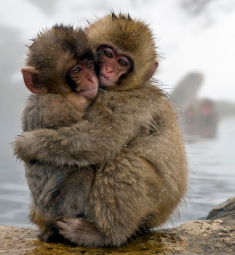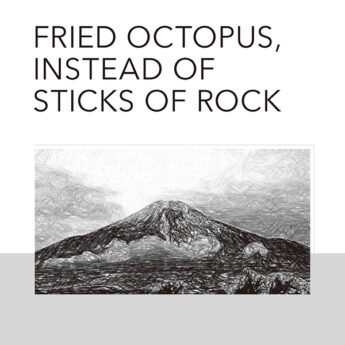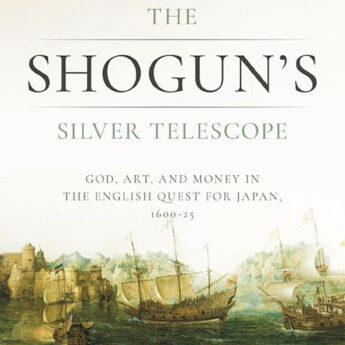BBC film shows the beauty and the beast in Nature
One Life is a nature documentary, produced by BBC Earth Films, that shows how creatures in all parts of the world manage to survive and pass on life to the next generation. Featuring insects, birds, fish, reptiles and amphibians, mammals, and plants, the film captures the extraordinary range of intelligence needed to survive amid the many challenges of their lives.

Photos: © BBC EARTH PRODUCTIONS (LIFE) LIMITED MMXI. ALL RIGHTS RESERVED.
Animals generally are reflected positively in the media, but One Life does not hesitate to reveal the hard side of their struggle to survive.
New camera technology together with music and narration play a major role in creating a sense of presence. The film, amazingly photographed using a new high-tech camera that captures details viewers never may have seen before, doesn’t use computer graphics or other visual enhancements to modify reality. Yet, every bubble of water that rises as flying fish jump out of the water and even the tiny hairs of a butterfly can be seen.
Clearly narrated by James Bond star Daniel Craig, each scene is accompanied by only minimum verbal detail, enabling the viewer to remain focused on the unfolding drama. The magnificent background music—composed by George Fenton of the famed BBC television documentary series Planet Earth—together with the camerawork and narration combine to stimulate all one’s senses and draw one closer to the reality of the creatures’ amazing and colourful lives.
The documentary took about 3,000 days to shoot and cost the equivalent of ¥3.5bn to produce. Capturing the fight for survival of 15 species on land, as well as in the sea and air, the film shows how, just like humans, these creatures have all learned remarkable strategies to survive and make life better for themselves. Undeniably, life is at once beautiful and harsh for all creatures on the planet. One Life will be released in Japan on 1 November.





